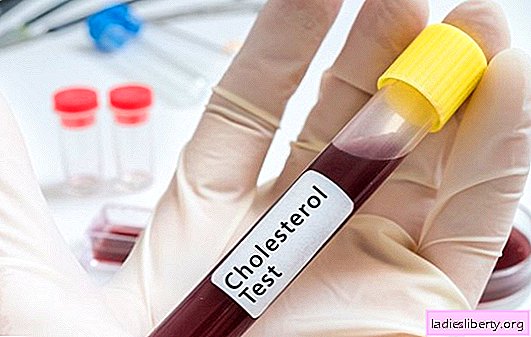
Familial hypercholesterolemia is a congenital hereditary disease that manifests itself in high cholesterol. This happens quite often, in about 1 out of 500 people.
The reasons
Genetics is responsible for the disease, since the cause of its occurrence is a defective gene. There is a violation of the exchange of lipoproteins and lipids in the blood. This leads to abnormally high cholesterol levels even at a young age.
The most common cause is a disorder of the liver receptors for LDL particles that transfer cholesterol to the liver.
Symptoms
High cholesterol can be diagnosed by chance, as it is not accompanied by pain and other manifestations. Sometimes the cholesterol level can be so high that skin tumors begin to appear in the form of nodes (xanthomas) or the deposition of a yellow substance in the skin of the upper eyelid (xanthelasma). However, medical intervention is necessary because ultimately high cholesterol will lead to atherosclerosis, a higher risk of vascular disease, including myocardial infarction or stroke.
Diagnostics
High blood cholesterol can be detected during biochemical analysis. Later, genetic testing is carried out, which reveals a possible mutation.
Treatment
As with the usual increase in cholesterol, a healthy diet and physical activity are necessary. This alone is not enough, because the body has a genetically induced tendency to accumulate cholesterol. Therefore, cholesterol-lowering drugs (especially statins and PCSK9 inhibitors) should be obtained. In severe cases, plasmapheresis is performed (blood purification procedure).











